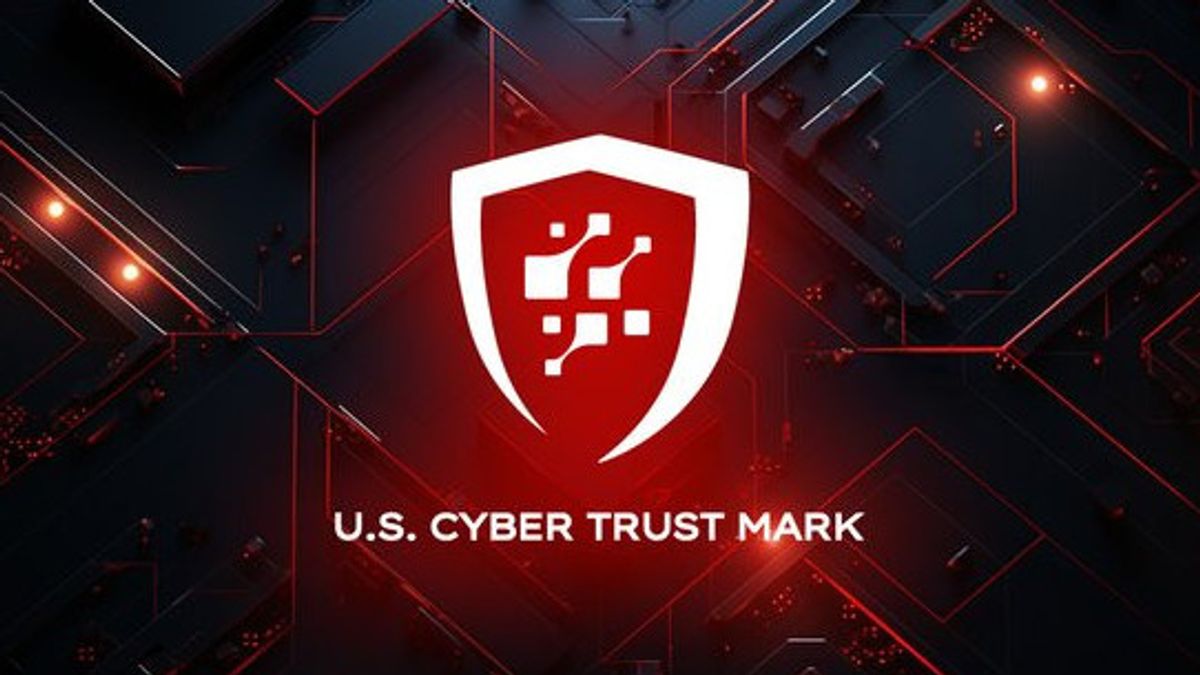The United States has introduced the Cyber Trust Mark, a groundbreaking initiative aimed at elevating the cybersecurity standards of Internet of Things (IoT) devices.
This program enables consumers to easily identify secure smart devices through a distinctive shield logo, ensuring informed purchasing decisions in an increasingly connected world.
Manufacturers earning the Cyber Trust Mark demonstrate compliance with rigorous cybersecurity standards established by the US National Institute of Standards and Technology (NIST). The voluntary label aims to incentivize manufacturers to adopt secure-by-design practices, addressing the vulnerabilities that often plague IoT devices.
[Nominate for Cyber Policing Award]
Strengthening IoT Security Amid Growing Threats
IoT devices have become prime targets for cyberattacks, with hackers exploiting their weak security to infiltrate home systems. High-profile incidents include criminals remotely unlocking doors via compromised security systems and accessing home cameras to record private conversations.
The Cyber Trust Mark seeks to curb such threats by encouraging manufacturers to prioritize cybersecurity. According to the White House, the program will be fully operational in 2025. Consumers can soon expect to find labeled products on the shelves, with retailers like Best Buy and Amazon prominently showcasing certified devices.
A Collaborative Approach to Cybersecurity
The program’s administration is spearheaded by the Federal Communications Commission (FCC), which finalized the labeling rules in March 2024.
By December 2024, the FCC had approved 11 companies as Cybersecurity Label Administrators, with UL Solutions conditionally selected as the lead administrator.
These entities will oversee activities such as product evaluations, label authorization, and consumer education. Accredited laboratories will conduct compliance testing, while the FCC ensures robust oversight.
[Nominate for Make in India Awards]
A Global Push for IoT Security
The Cyber Trust Mark aligns with global efforts to enhance IoT security. In December 2024, the EU’s Cyber Resilience Act came into force, mandating cybersecurity standards for IoT products with compliance deadlines set for December 2027.
Similarly, the UK’s Product Security and Telecommunications Infrastructure (PSTI) Act, effective April 2024, introduced requirements for default passwords, vulnerability reporting, and security updates.
With the Cyber Trust Mark, the US is setting a benchmark for IoT security, empowering consumers and pushing manufacturers to prioritize safety in an era of growing digital threats.




